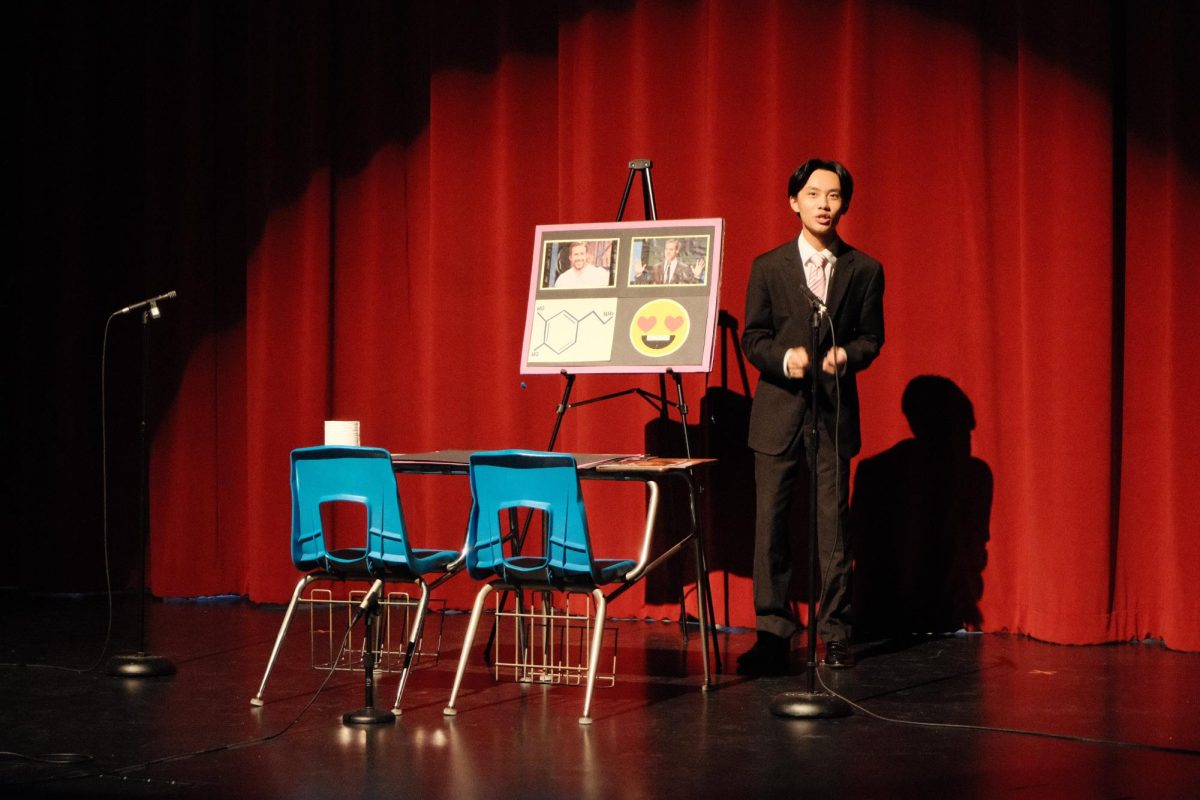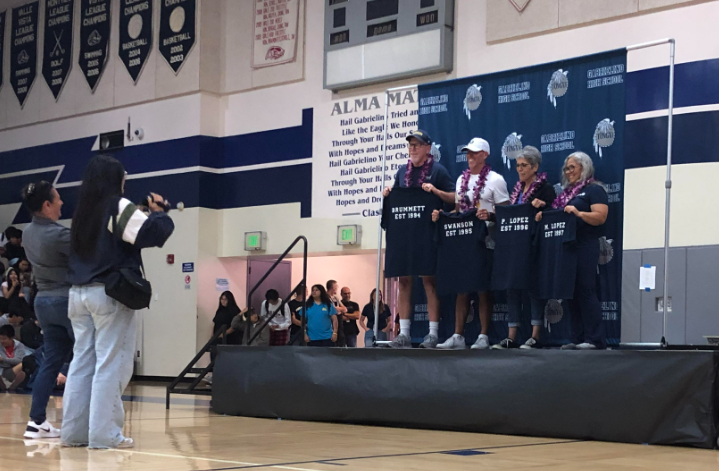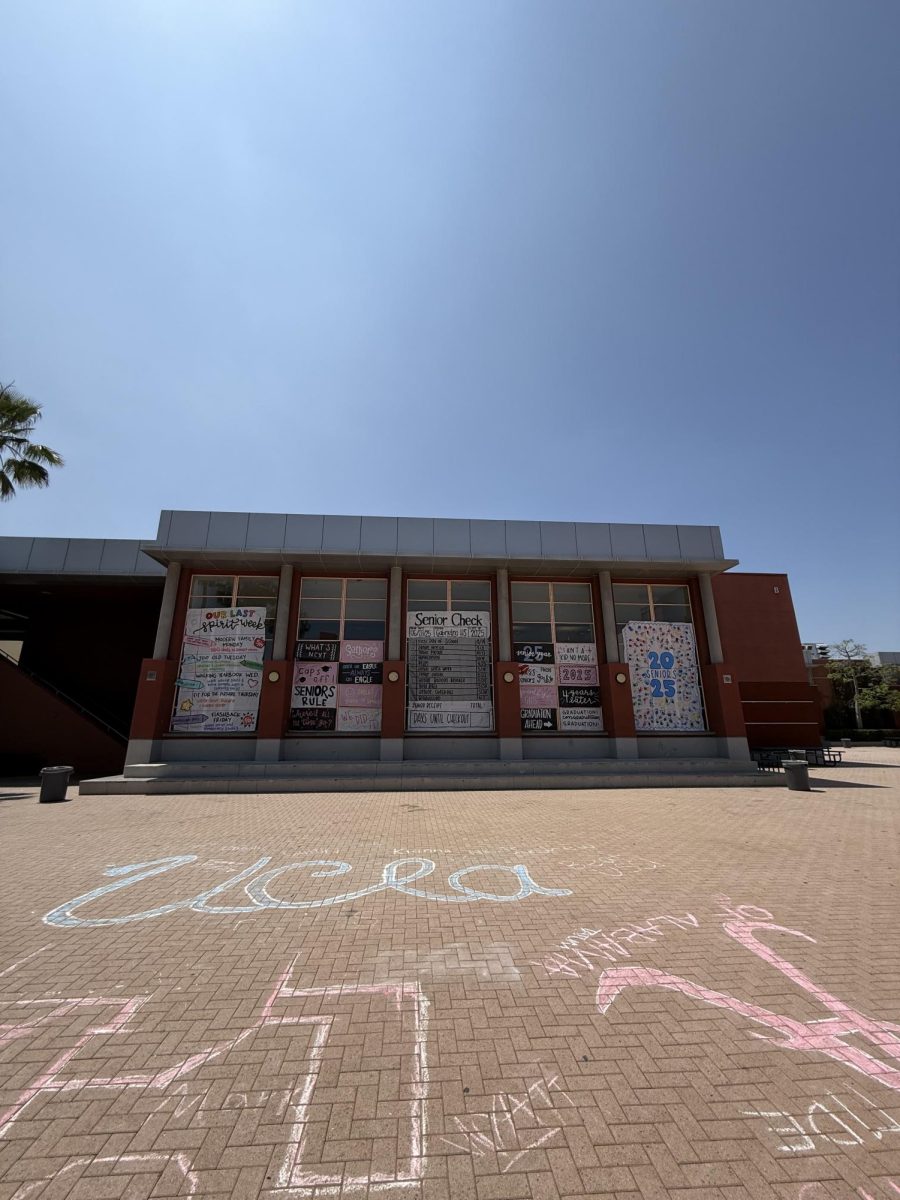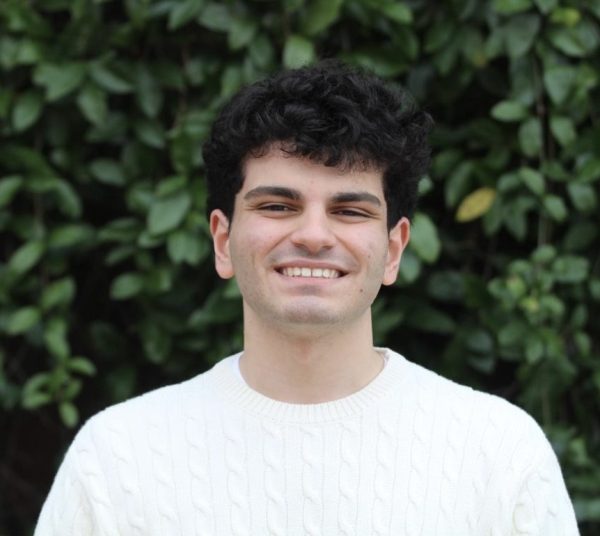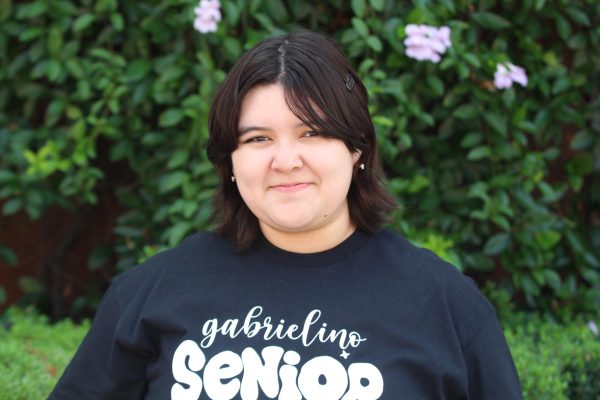In a proactive move towards inclusivity and fostering understanding of various ethnic backgrounds, the 2023-2024 school year marks Gabrielino High School’s first year offering Ethnic Studies classes.
“Introduction to Ethnic Studies”, “Race and Society”, and “World Literature”, are now offered for 9th, 11th, and 12th grade respectively. The classes aim to teach students about the histories, cultures, struggles, and contributions to American society of marginalized peoples.
Assembly Bill 101 mandates California public schools to offer an ethnic studies course, beginning in 2025, and becoming a graduation requirement by 2029-2030.
Introduction to Ethnic Studies, taught by Katelyn Penuelas, will fulfill Ethnic Studies Foundations requirements for freshmen. The class introduces freshmen to the ways race and ethnicity shape our society. She hopes that 9th graders taking her class see themselves represented in education.
“My immediate goal for students is that they recognize their story is just as important as the student next to them,” said Penuelas. “I want them to show solidarity with others, and carry that acceptance and openness beyond Gabrielino as members of society.”
Race and Society, taught by Ryan Kammerman, covers United States History with an emphasis on the role minority groups had in creating America. Kammerman hopes to foster socio-emotional critical thinking, and make his students feel more connected to their country’s history.
“I am more intentional about incorporating the voices of marginalized communities in US history, which isn’t limited to just race, but also the perspectives of women, working class communities, and underrepresented people,” said Kammerman. “I hope that my students understand a more systemic perspective of US history, and can better connect our past with our present.”
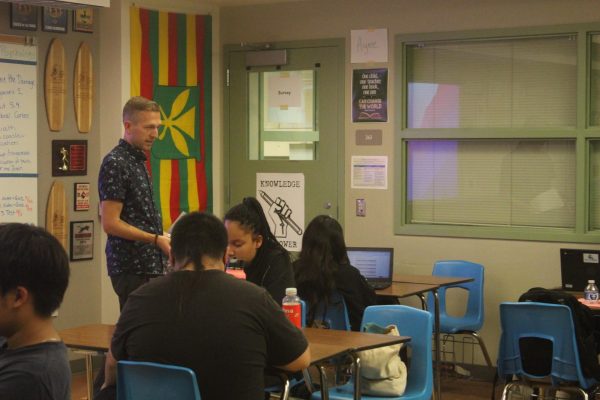
World Literature, taught by Tera Straker, highlights ethnic identities through texts from around the world. Straker’s goal is for her students to develop a sense of their own identity and power through analyzing cultural writing.
“I hope they have empathy and understanding for all cultures. I want them to find their own student voice and be activists,” Straker shared.
Current Ethnic Studies students also shared their enthusiasm for the class.
Rosy Mendosa, a 9th Grade Introduction to Ethnic Studies student, shared, “[The class] teaches different types of cultures, and I have learnt so much from nontraditional perspectives of history.”
Elisa Medina, another 9th Grade Introduction to Ethnic Studies student, shares Mendosa’s excitement.
“You learn new things about yourself, and your culture,” Medina said. “There are some things about myself I wouldn’t have ever thought about if I didn’t take this class.”
Gabrielino’s Ethnic Studies classes represent a significant step towards cultural understanding and inclusivity among all students. The courses will not only fulfill requirements, but also allow students to explore identities, and embrace diverse perspectives. Through Ethnic Studies, staff and teachers hope to not only educate students, but also foster empathy, critical thinking, and activism.


